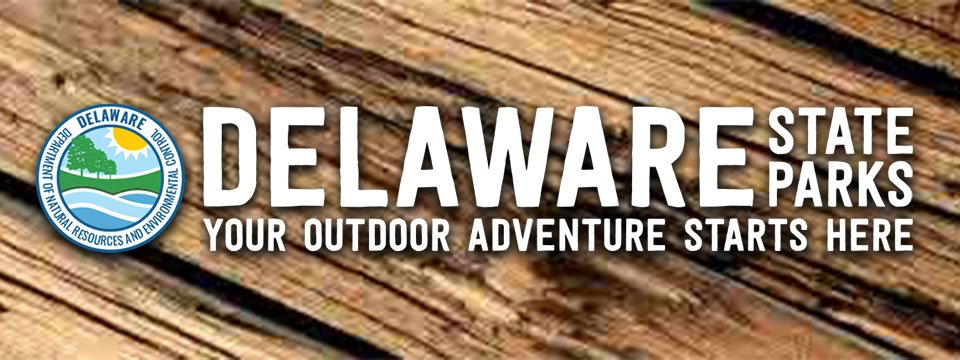 Alapocas Run State Park welcomes volunteers who are interested in helping to reduce the threat of invasive plants to the land and resources that we have been entrusted to protect and manage.
Alapocas Run State Park welcomes volunteers who are interested in helping to reduce the threat of invasive plants to the land and resources that we have been entrusted to protect and manage.
The task facing our park and local ecosystems is considerable. It requires a concerted, coordinated effort. Fortunately, public consciousness about the harms of invasive plants — plants not native to the region that grow aggressively, complete with native plants for resources, and displace native plants — continues to rise.
Volunteers help to meet this challenge and thus make a significant difference in Alapocas Run State Park’s quest to manage invasive plants. We are eager to work with like-minded people who are passionate or want to learn more about this issue. Experience is beneficial but not necessary.
How volunteers can get involved:
- Coordinate a volunteer group service project.
- Contact the Manager of Volunteers to discuss your group’s interest in contributing.
- Schedule a service project at an available time that is convenient for your group.
- Join a scheduled volunteer group service project.
- Register on Delaware State Parks’ volunteer website if you have not already.
- Peruse open opportunities and RESPOND for an available shift or be notified of future open opportunities.
- Become a verified volunteer.
- You will attend an orientation or be trained individually on the essentials of invasive plant management for volunteers and the priority invasive plants for Alapocas Run State Park.
- You will receive a field guide to aid in identification of and control method for the invasive or threatening plants you are eligible to manage.
- You will receive a badge that permits you to manage certain invasive plants on your own time and, after you do, then submit a basic report.
- You may be notified of opportunities to work with other volunteers on group efforts to manage invasive plants.
- You may have opportunities to receive education from and work with members of the Delaware State Parks Environmental Stewardship Program.
Note: Orientation or training (verification) is required to volunteer on your own. If you respond to this opportunity, you will be contacted about next steps.
Resources for those who want to learn more:
- Plants and Plant Communities resource page — Delaware Department of Natural Resources and Environmental Control (DNREC), Division of Fish and Wildlife
- Flora of Delaware Online Database — University of Delaware Water Resources Center
- DISC Invasive Plant List — Delaware Invasive Species Council
- Non-native Plants of Delaware (January 2021) — DNREC Division of Fish and Wildlife


